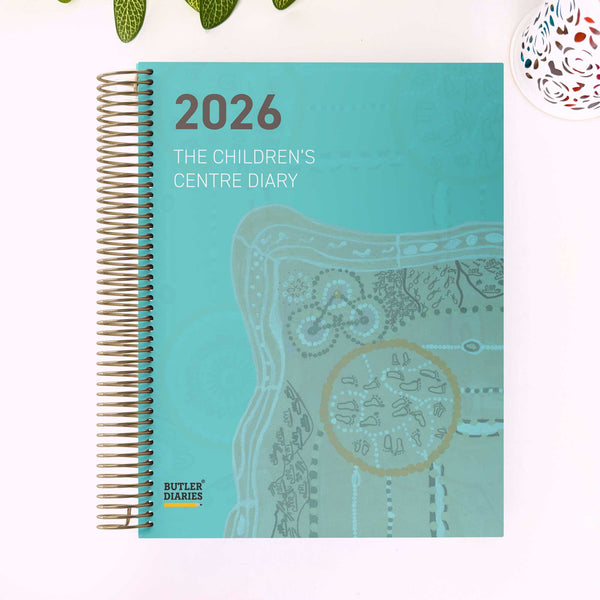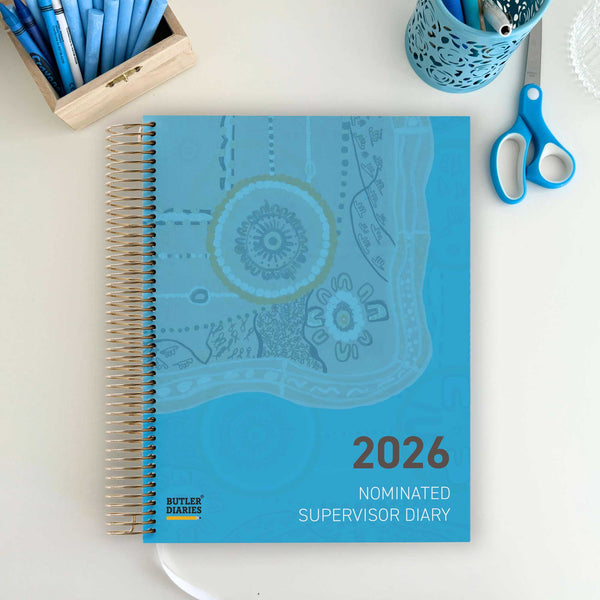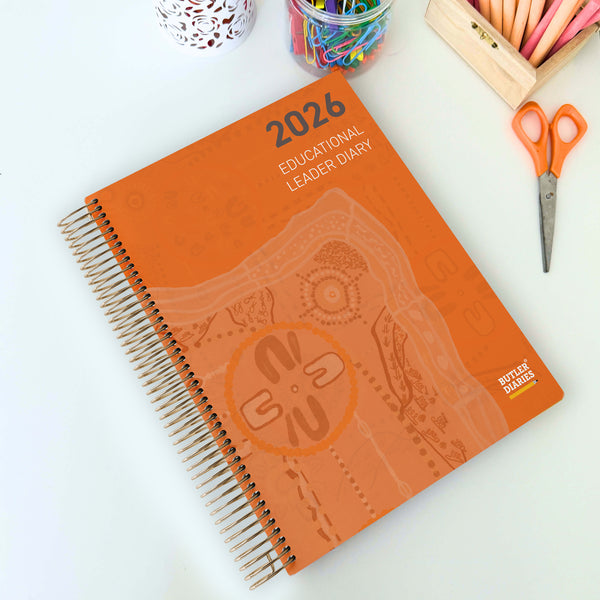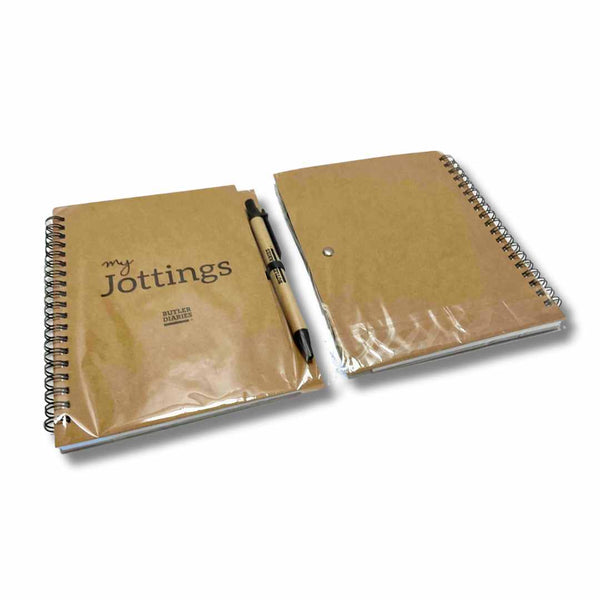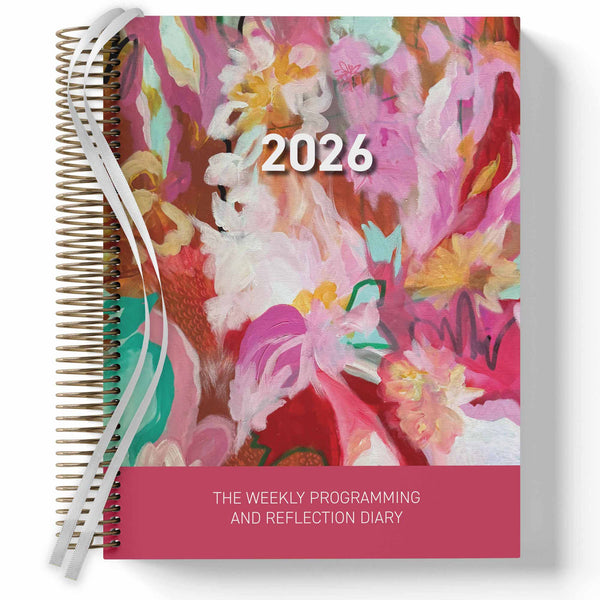Early childhood educators play an important role in the lives of young children. They are responsible for providing a safe and nurturing environment where children can learn and grow. However, with this responsibility comes the duty to ensure the safety and wellbeing of their children. One way they do this is by being mandatory reporters.
What is Mandatory Reporting for Early Childhood Educators?
Mandatory reporting refers to the legal obligation of certain professionals to report suspected child abuse or neglect to the appropriate authorities. These reports help protect children from further harm and ensure that they receive the help and support they need. But are early childhood educators considered mandatory reporters?
The answer is yes. In most states, early childhood educators are considered mandated reporters of child abuse and neglect. This means that if they suspect that a child in their care is being abused or neglected, they are required by law to report it to the authorities. Failure to do so can result in legal consequences, including fines and even criminal charges.
ACECQA's Guidelines for Mandatory Reporting
ACECQA has established guidelines for childcare providers regarding their reporting requirements in cases of suspected child abuse or neglect. According to ACECQA, all education and care services are required to have policies and procedures in place for reporting and responding to concerns about the safety and wellbeing of children. These policies and procedures should be communicated to all staff members, and regular training should be provided to ensure that they are followed correctly.
Additionally, all education and care services are legally required to report any reasonable suspicion of child abuse or neglect to the relevant authorities, such as the Department of Child Safety in their state or territory. ACECQA emphasises the importance of creating a safe and secure environment for children, and reporting any concerns is a crucial step in achieving this goal.
The specific laws and regulations regarding mandated reporting vary by state, but generally, anyone who works with children is considered a mandatory reporter. This includes not only early childhood educators but also teachers, coaches, counsellors, and medical professionals.
Your Responsibility as a Mandatory Reporter
Being a mandatory reporter can be a difficult responsibility. It may require early childhood educators to report their colleagues or even families of the children in their care. However, it is important to remember that the safety and wellbeing of the children must always come first. Reporting suspected abuse or neglect can be the first step in getting children the help they need and protecting them from further harm.
Early childhood educators should be familiar with the laws and regulations in their state regarding mandatory reporting. They should also receive training on how to recognise signs of abuse and neglect and how to properly report it. By doing so, they can fulfil their duty as mandatory reporters and help ensure the safety and wellbeing of the children in their care.
Early childhood educators are considered mandatory reporters in most states. This means they have a legal obligation to report suspected child abuse or neglect to the appropriate authorities. While this can be a difficult responsibility, it is crucial for ensuring the safety and wellbeing of children. Early childhood educators should be familiar with their state's laws and regulations regarding mandated reporting and receive proper training on how to recognize and report suspected abuse or neglect.
For more information on reporting in your State, please see guidelines from ACECQA - https://www.acecqa.gov.au/resources/applications/reporting. You can also learn more about general compliance in Early Childhood Education here.









